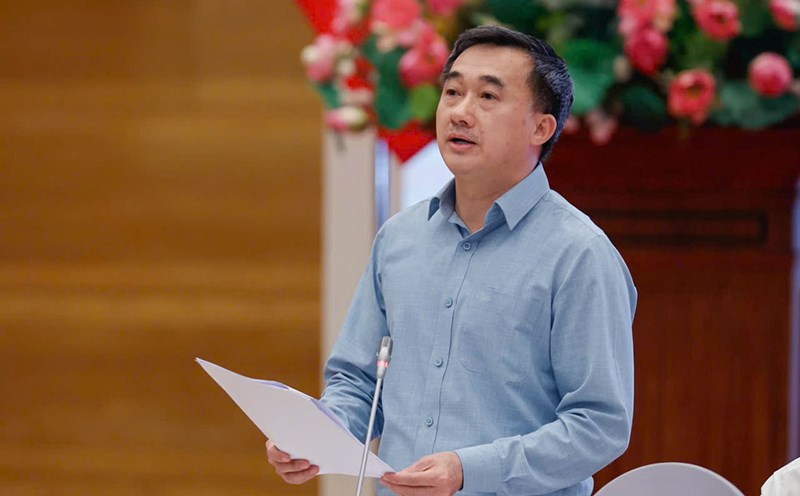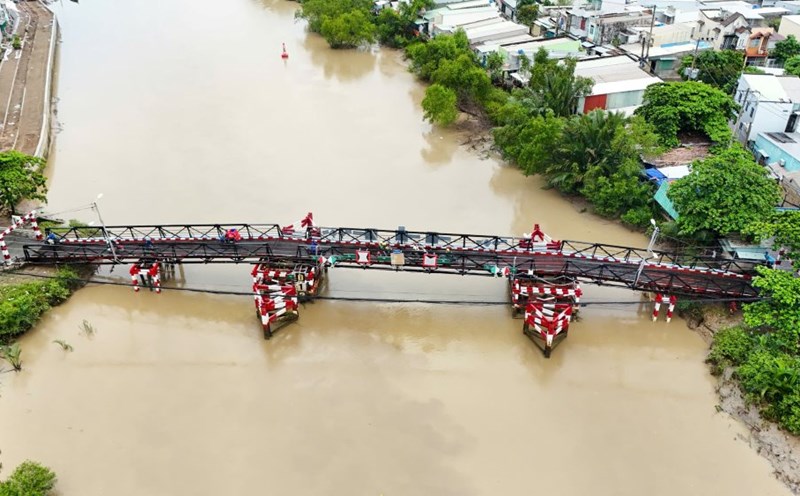In many years of working as a manager at central and local hospitals, I have always kept in mind: patients cannot be denied emergency care just because they do not have money. When joining the Board of Directors of Hanoi Medical University Hospital, we agreed in principle: patients without money must still be saved.
The percentage of patients who do not pay hospital fees is not actually high, because most of the patients and their families are grateful to the doctors and doctors who have cured them. For me, it is a good amount to pay for the patient to go straight to the clinic without having to pay first. After subclinical indications, they will pay once at the counter. Although there used to be afraid of the patient "after finishing the examination", I think that if they are not satisfied, the right to stop the exam is also understandable. In fact, this situation is very rare at Hanoi Medical University Hospital.
However, when I became the concurrent Director at Binh Duong General Hospital, I felt more clearly the pressure from the local health sector. The provincial leaders assigned the task: not to let poor patients be abandoned in emergency situations. We take it seriously. But in fact, with the main source of income from health insurance (HI), this is a big burden because many poor people do not have health insurance cards and do not have relatives.
In just the first 4 months of the year, the hospital has received 55 cases without relatives, including 9 foreigners and 10 abandoned newborns. There were 11 cases that were completely cured and discharged without paying a single hospital fee. In addition, there are many cases where relatives are unable to pay, forcing departments and benefactors to join hands to support.
The situation of patients being "hospital-anhydrated" still occurs frequently. However, no employee had to spend their own money to cover that loss. If there is a mistake due to inappropriate attitude, failure to comply with procedures or lack of responsibility, it will be handled from reminder, deduction of income, transfer of work to the highest level of forced resignation.
The story of hospital fees is not only a number, but also a story of ethics and the dignity of the medical industry. Public hospitals are still a support for the poor and disadvantaged. However, in the context of overload, cumbersome procedures, and pressure from financial autonomy mechanisms, many emergency situations have been delayed or misunderstood as "without money, we cannot save". This is even more worrying, leading to incorrect diagnosis and treatment.
Therefore, it is worth paying attention to not only whether it is free or not, but how to improve the quality and efficiency of the emergency department - where the line between life and death is only calculated in seconds. It is necessary to develop an emergency procedure suitable for the resources of each line and each hospital. A district hospital without a CT scanner cannot apply the same process as a provincial or central hospital.
In addition, the State needs to have a mechanism to " close losses" for emergency - resuscitation departments. It is impossible to require this department to be financially autonomous like other departments. If there is a loss of revenue, the local budget or the hospital must pay after a periodic audit.
Finally, to make the emergency room truly a peaceful place, it is necessary to strictly handle acts of abuse of medical staff. My colleagues have been attacked many times both physically and mentally while taking the lives of their families. We do not need any compassion. What the medical industry needs is respect, transparency and professionalism. And for those without conscience, we are ready to unite to seek justice.











